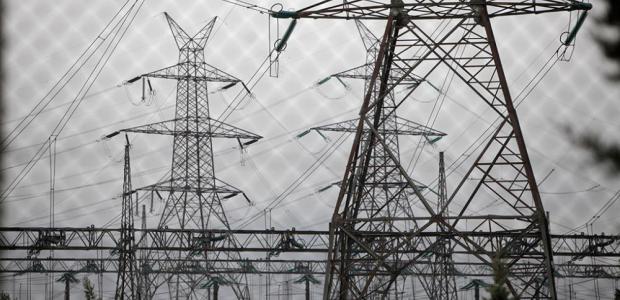Leading main power utility PPC and energy ministry officials engaged in an impromptu debate at a Greek-Russian energy conference staged in Athens yesterday, trading views on Greek electricity market developments and the utility’s future.
PPC’s deputy director Stavros Goutsios focused on new costs being shouldered by the utility, while the energy ministry’s secretary general Mihalis Veriopoulos countered by defending measures taken to rationalize the electricity market’s functioning within the wider European framework.
The PPC official presented a series of new costs being taken on by the utility, including the additional financial weight prompted by high tariff prices offered for PV production and RES facilities in general, averaging 292 euros per MWh. Legislation was ratified in July to increase contributions provided by suppliers for the RES special account in an effort to eliminate its deficit. This revision will cost PPC 35 million euros in 2016, 180 million euros in 2017 and 190 million euros in 2018, the utility’s official noted. Recent amendments to the bill will increase PPC’s by a further 50 million euros for 2017 and an extra 50 million euros in 2018.
The country’s temporary CAT mechanism requires PPC to provide independent gas-based electricity producers a sum of 48 million euros in 2016 and 54 million euros in 2017, the PPC deputy also noted.
Goutsios contended that the NOME auctions – introduced less than a fortnight ago to provide independent suppliers with access to PPC’s low-cost lignite and hydropower sources as a means of breaking the utility’s market dominance – could lead to profiteering as independent suppliers may purchase low-cost electricity and export it abroad. PPC’s losses over the next two-year period, as a result of the NOME measure, were estimated at 300 million euros.
The deputy also mentioned the negative impact on PPC of the demise of two now-defunct electricity retailers, Energa and Hellas Power, whose retail market entries several years ago both ended in financial scandal. Their fall will cost PPC as much as 70 million euros, including a contribution to the compensation amount accumulated for independent electricity producers, owed an estimated 27 million euros by the two failed electricity retailers.
Veriopoulos, in response, pointed out that the RES-related cost mentioned by the PPC deputy essentially covers the positive impact on suppliers of RES production to the grid.
“The participation of RES producers in the market benefits suppliers, especially PPC. This benefit has, until now, been exclusively enjoyed by the utility and it is only fair that it gradually shoulders the cost,” Veriopoulos responded.





